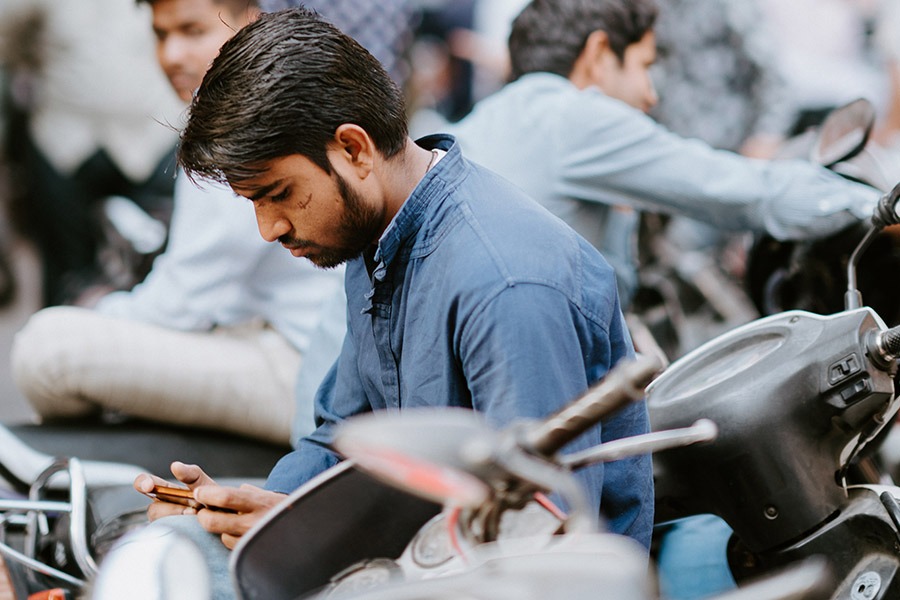270 million more women than men globally lack financial independence

Study reveals key obstacles to global financial equality. Source: unsplash.com
Paysend has conducted research revealing 3 major factors that tip the gender equality for financial independence and inclusion.
- Infrastructure
Having enough financial institutions such as banks, cash points, and loan associations is essential to support a population conveniently.
- Social attitudes
If the social norm is to hand responsibility for a woman’s finances to her husband or father, it’s practically impossible for her to become financially independent.
- Education
The report states that the belief in financial services and the motivation to become financially independent are borne out of education.
According to data, 2/3 of unbanked adults have a mobile phone. Consequently, those people need the right awareness, motivation, and situation to make the step to digital finance. Although, 3 in 4 unbanked women say they have too little money for creating a bank account.
Low-income countries are particularly impacted by the gender imbalance in financial inclusion.
This way, women spend 4.1 times more time in Asia and the Pacific in unpaid care work than men. That means their chances of having money that is both earned and spent by them independently are slim. It’s much more likely that any money they receive has been earned by male family members.
We’ve reported that nearly 409.46 million European residents are currently a part of the banking system. According to the data, Germany has the highest number of people with access to bank accounts at 69.67 million.
SEE ALSO:









